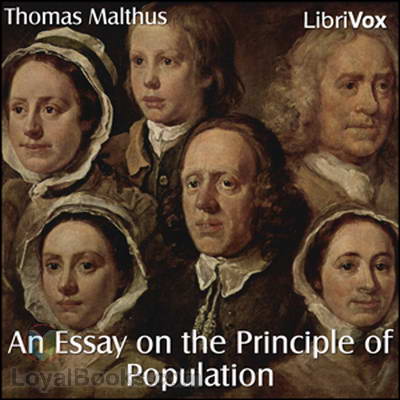Description
By: Thomas R. Malthus (1766-1834)
An Essay on the Principle of Population is a thought-provoking and controversial work by Thomas R. Malthus that explores the relationship between population growth and the availability of resources. Malthus argues that unchecked population growth will inevitably lead to widespread suffering and poverty, as resources struggle to keep up with the demands of a growing populace.
Malthus’s theories have sparked much debate over the years, with some praising his foresight and others criticizing his pessimistic outlook. However, regardless of one’s stance on his ideas, it is undeniable that Malthus raises important questions about the sustainability of human population growth and the impact it has on our planet.
Overall, An Essay on the Principle of Population is a challenging and thought-provoking read that will undoubtedly leave readers contemplating the future of our society and the choices we must make to ensure our continued survival.
Book Description:
The power of population is indefinitely greater than the power in the earth to produce subsistence for man. Population, when unchecked, increases in a geometrical ratio. Subsistence increases only in an arithmetical ratio. A slight acquaintance with numbers will show the immensity of the first power in comparison with the second (Malthus).











